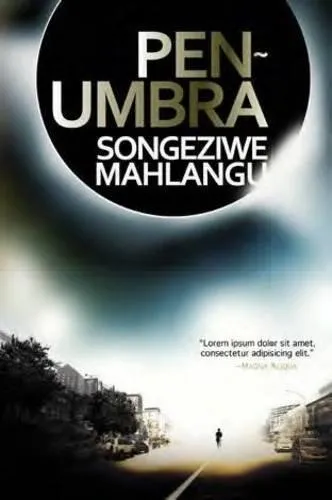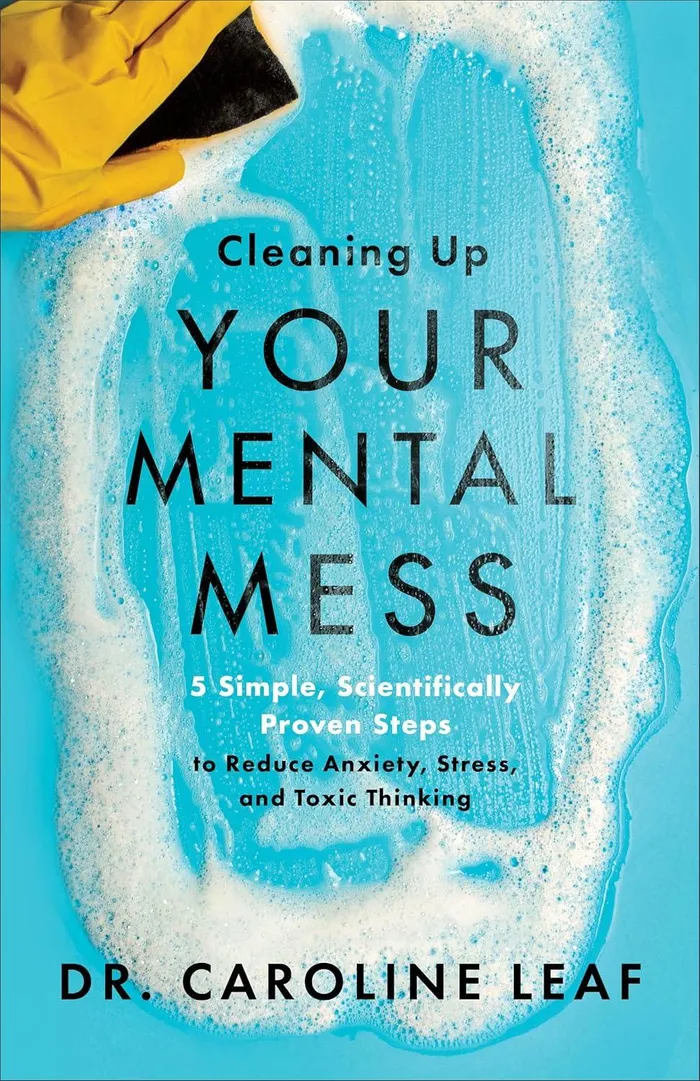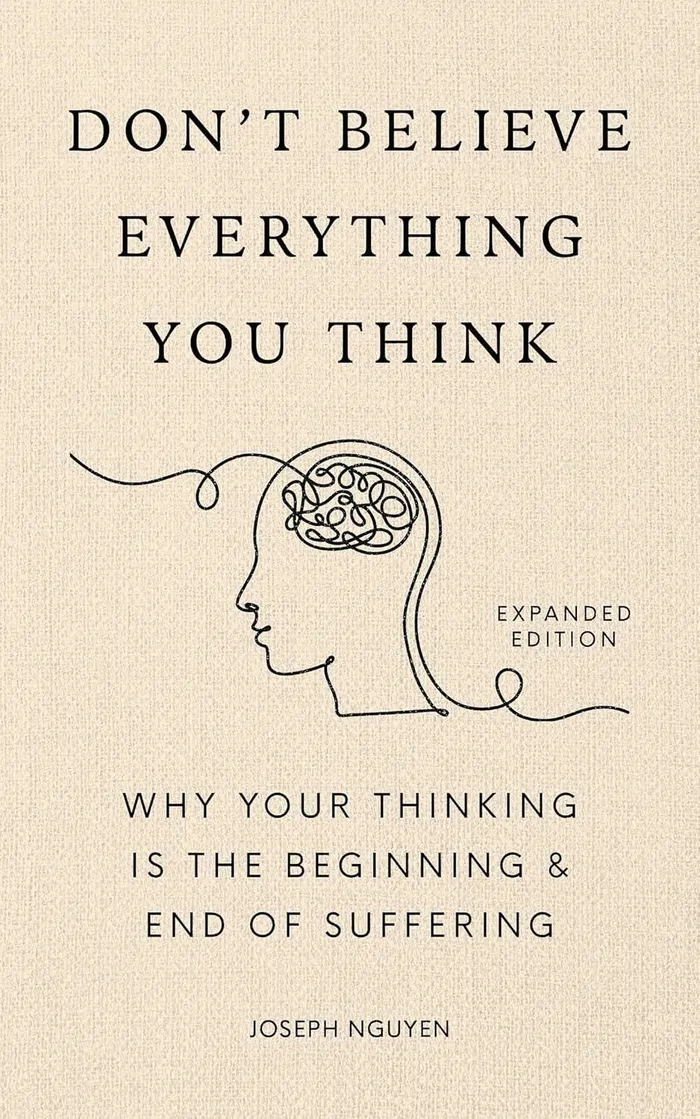Exploring the rise of bibliotherapy: Finding healing between the page

Bibliotherapy draws upon the therapeutic benefits of reading to provide readers with the insights and reflections they need to confront their challenges.
Image: Cottonbro Studio
Imagine curling up on your sofa with a warm cup of coffee, enveloped in a cosy blanket as you lose yourself between the pages of a compelling novel.
For many, reading serves as a cherished pastime - a fleeting escape from reality.
Yet, for an increasing number of individuals, books have become more than a source of entertainment; they provide a pathway to healing through a practice known as bibliotherapy.
Bibliotherapy refers to the use of literature to alleviate mental health conditions such as anxiety and depression. This therapeutic approach draws on the profound effects that narratives can have on our emotions.
A 2016 study indicated that immersing ourselves in books can "help relieve, restore and reinvigorate the troubled mind".
The practice utilises literature as a tool not only for enjoyment but also for exploration and understanding of our feelings and experiences.
Understanding bibliotherapy
While the definition of bibliotherapy has evolved, its core concept remains unchanged: leveraging the power of stories to provide solace and insight to those struggling with emotional distress, addiction or mental illness.
Bibliotherapy, often described as "therapy through books", draws upon the therapeutic benefits of reading to provide readers with the insights and reflections they need to confront their challenges.
This practice can involve everything from self-help books to poetry, classic novels and even contemporary literature.
The roots of bibliotherapy stretch back to ancient civilisations, where healing through words was already recognised for its benefits.
However, with the mental health crisis intensifying in recent years, and the isolation spurred by the digital age, the practice of bibliotherapy is experiencing a resurgence.

Bibliotherapy draws upon the therapeutic benefits of reading to provide readers with the insights and reflections they need to confront their challenges.
Image: Pexels/Polina Tankilevitch
Today, it has transcended its traditional boundaries, being embraced not only by psychologists and librarians but also by social workers, healthcare professionals, educators, counsellors and parents.
Originally focussed solely on books, the scope of bibliotherapy has widened to include diverse therapeutic outlets: poetry writing, self-help books, films, comic books, art, songs, journaling, dance and storytelling.
Each of these forms can foster a sense of connection, self-discovery and emotional release.
Psychologist Shyam Bhat notes, “Reading can be therapeutic because it engages your brain more actively. For instance, the practice of bibliotherapy, the use of books to improve one’s mental health."
"To achieve that, even during a time as stressful as a pandemic, it takes a little effort to consciously create a reading habit.”
He adds, “It’s pretty hard to focus on the latest novel when you’re stressed out. Stresses at work or school, conflicts at home or financial struggles can build up into larger anxieties that can paralyse thought and prevent people from doing basic tasks optimally.”
As Bhat highlights, the Covid-19 pandemic worsened these anxieties, with many grappling with the “new normal” of remote work, caring for family members and the constant worry about the risk of infection.
For some, this anxiety can escalate into a disorder that warrants discussion with a medical professional, yet it’s also clear that returning to the pages of a reliable book can provide solace during such tumultuous times.
Books that support mental health
Here are some notable titles conducive to mental well-being:
“Penumbra” by Songeziwe Mahlangu

This debut novel charts the life of Mangaliso Zolo, a recent graduate in Cape Town struggling with mental illness.
Image: Supplied
This debut novel charts the life of Mangaliso Zolo, a recent graduate in Cape Town struggling with mental illness.
Among the chaos of a drug-fuelled lifestyle and the allure of charismatic Christianity, Zolo offers readers an alternative view of contemporary urban South Africa.
With a voice unlike any South African author before him, Mahlangu's acute observations of young, urban slackers provide a unique blend of light and darkness that encapsulates the complexities of modern life.
“Cleaning Up Your Mental Mess” by Dr Caroline Leaf

"Cleaning Up Your Mental Mess" offers a scientifically proven five-step plan to eliminate the root of anxiety and intrusive thoughts.
Image: Supplied
In a chaotic world that often worsens toxic thoughts and depression, Dr Caroline Leaf provides a guiding light.
Her book offers a scientifically proven five-step plan to eliminate the root of anxiety and intrusive thoughts.
Through compelling case studies, she promises that within just 21 days, individuals can start to declutter their mental mess and embark on a journey toward wholeness and happiness.
“Don't Believe Everything You Think” by Joseph Nguyen

"Don't Believe Everything You Think" serves as an empowering roadmap for anyone looking to break free from limiting beliefs and create a more fulfilling life.
Image: Supplied
Joseph Nguyen's insightful work dives deep into the psyche, uncovering the root causes of psychological and emotional suffering.
He provides readers with practical strategies to overcome negative thoughts and feelings, ultimately guiding them toward experiencing unconditional love, peace and joy.
This book serves as an empowering roadmap for anyone looking to break free from limiting beliefs and create a more fulfilling life.
Related Topics: